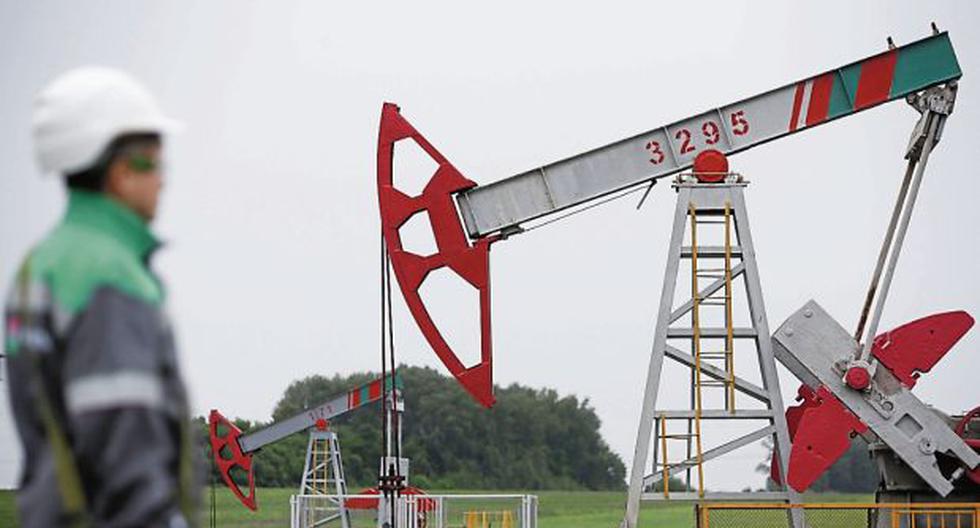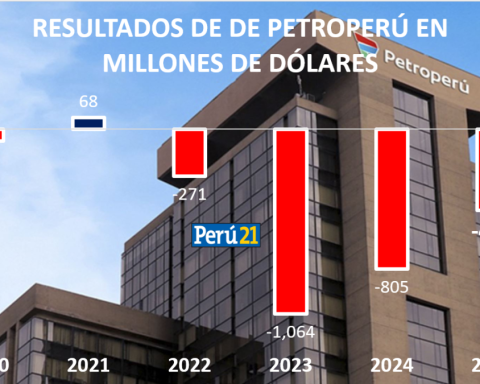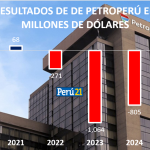The prices of Petroleum They rose on Wednesday as fears mounted over supply disruptions after harsh sanctions were imposed on Russian banks amid the escalating conflict in Ukraine, as traders searched for alternative sources of crude in a tight market.
At 0950 GMT, Brent crude futures were up $6.2, or 5.9%, at $111.17, after gaining more than $8 to hit their highest level since June 2014 in the US. $113.02.
U.S. West Texas Intermediate (WTI) oil futures added $5.96, or 5.7%, to $109.27, after also gaining more than $8 a barrel and hitting levels not seen since August. 2013.
SIGHT: Price of a barrel of Brent oil exceeds US$ 110 and WTI grows 5%
“Due to limited diversification options, any interruption in Russia’s energy exports will result in another energy crisis in Europe.said Kaho Yu, principal analyst for Asia at risk consultancy Verisk Maplecroft.
“Although the United States has called for global oil reserves to be released, oil prices are likely to remain above $100 unless significant alternative supplies enter the market.”, he added.
Russian oil exports account for around 8% of world supply.
Exxon Mobil said on Tuesday it would abandon Russia’s oil and gas operations as a result of Moscow’s invasion of Ukraine. The decision will see the company withdraw from running large production facilities on Sakhalin Island in Russia’s Far East.
SIGHT: Alert for Northwest oil contracts that are about to expire
While Western powers have not imposed sanctions on energy exports directly, Russian crude is avoided by US operators in hubs of New York and the US Gulf Coast.
US President Joe Biden warned Vladimir Putin that the Russian leader “you have no idea what’s coming” in a State of the Union address dominated by Russia’s invasion of Ukraine.
The coordinated release of 60 million barrels of oil by member countries of the International Energy Agency (IEA) agreed on Tuesday did not reassure the market and prices rose after the announcement.
Meanwhile, the Organization of the Petroleum Exporting Countries, Russia and their allies, collectively known as OPEC+, are due to meet on Wednesday, where they are expected to stick to plans to add 400,000 barrels a day of supply each month.
With information from Reuters

















